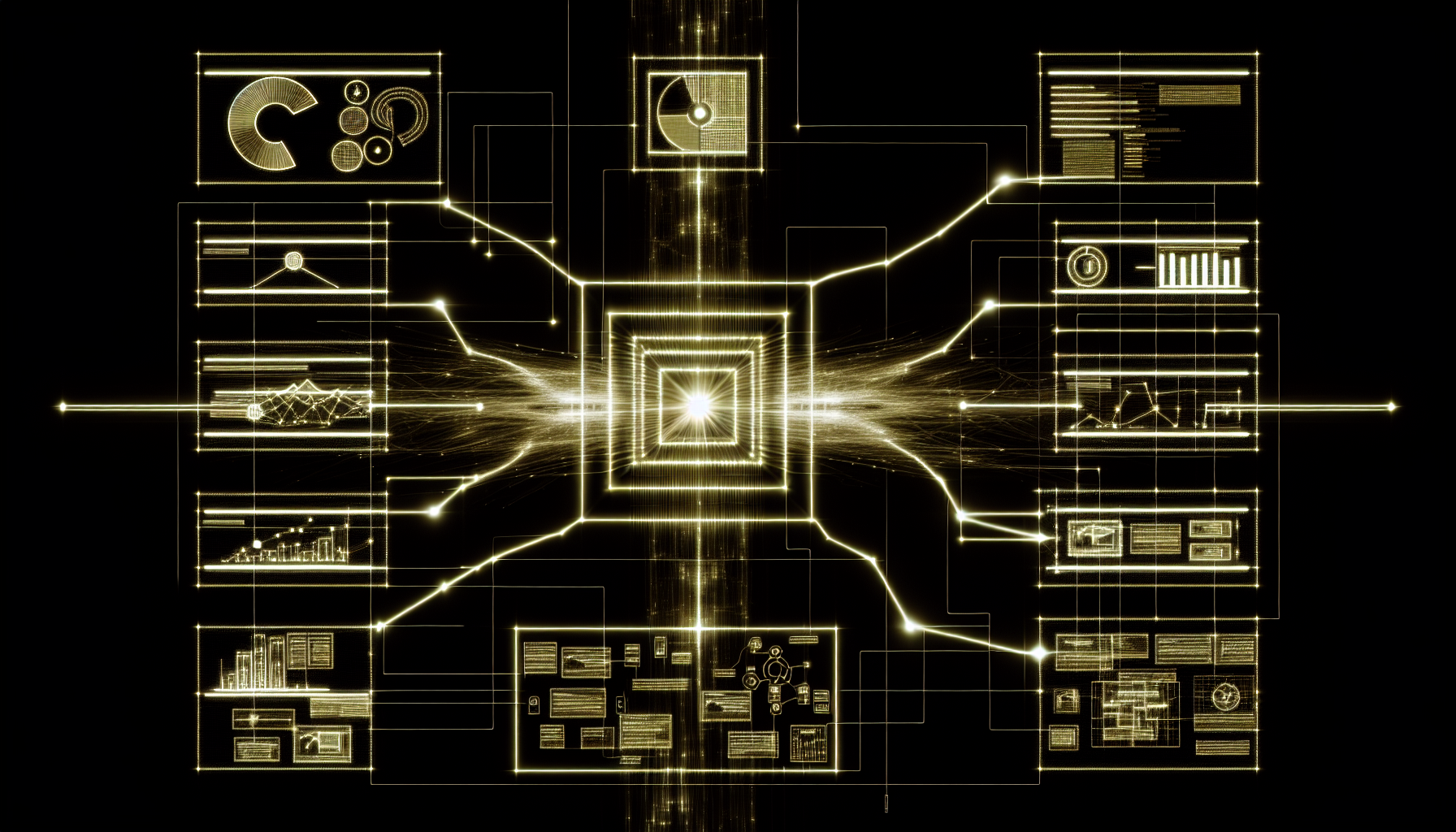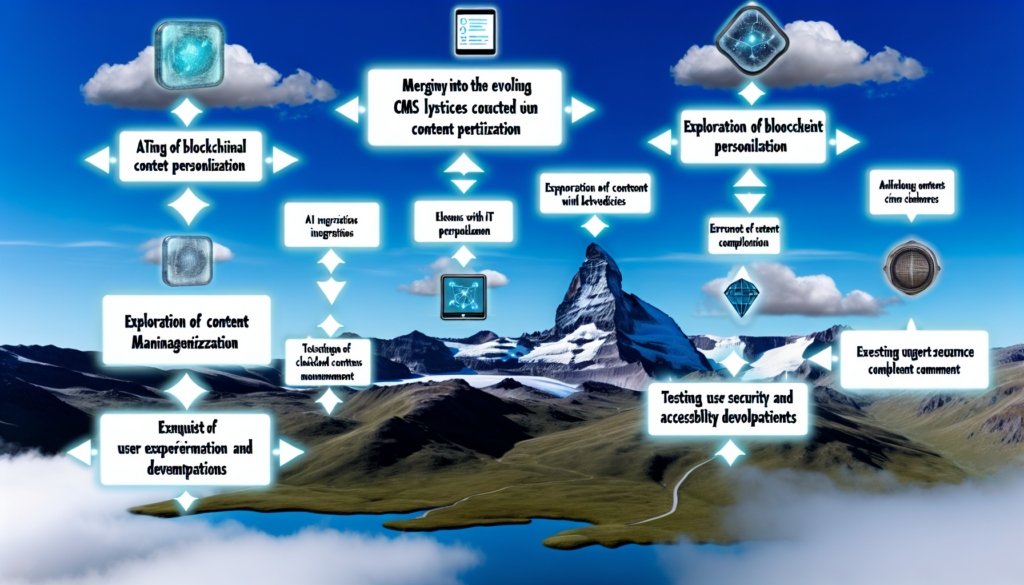The 2024 CMS Odyssey: Navigating the New Digital Content Frontier
The Rise of the Los Angeles Headless CMS: A Game-Changer for IoT Integration
The digital landscape is continuously evolving, and the emergence of Los Angeles headless CMS is a testament to this transformation. Headless CMS architectures are increasingly becoming the cornerstone for businesses looking to integrate Internet of Things (IoT) applications seamlessly. By decoupling the content management from the presentation layer, companies are afforded greater flexibility and scalability.
“[API technology allows us] to leverage our existing infrastructure investments,” highlights the potential headless CMS has in enhancing IoT integration. This statement, sourced from TechCrunch’s article, underpins the essence of headless CMS in modern software architecture.
The benefits are clear: streamlined workflows, improved content delivery speeds, and a more personalized user experience. As Los Angeles becomes a hub for technological advancements, headless CMS platforms are positioned to play a pivotal role in the integration and management of IoT devices.

AI Content Personalization Tools: Revolutionizing User Engagement
Personalization is no longer a luxury but a necessity in the digital age. AI content personalization tools are at the forefront of this revolution, offering unprecedented levels of user engagement. By utilizing machine learning algorithms, CMS platforms can deliver content that resonates with individual user preferences and behaviors.
As reported by TechCrunch, “Personalising Your Product Is Key.” This insight aligns perfectly with the capabilities of AI-driven content personalization, where the focus is on delivering a unique and tailored experience to every user. The full article can be found at TechCrunch.
Implementing AI content personalization not only enhances user satisfaction but also drives conversion rates and fosters brand loyalty. The dynamic nature of AI tools allows for real-time content adjustments, ensuring that each interaction is as relevant and engaging as possible.

The Global Reach of Multilingual CMS Solutions in 2024
The world is more connected than ever, and businesses must cater to a diverse, global audience. Multilingual CMS solutions are essential for companies aiming to expand their reach and connect with customers across different linguistic backgrounds.
The implementation of multilingual CMS features allows for the creation, management, and distribution of content in multiple languages, thereby eliminating language barriers and enhancing global accessibility. This not only opens up new markets but also ensures a more inclusive user experience.
With the proliferation of such CMS solutions, businesses can expect to see increased traffic, improved SEO rankings, and a stronger international presence. The year 2024 is poised to witness the maturation of these multilingual capabilities, making content truly borderless.
Exploring the Potential of Blockchain CMS Platforms for Decentralized Management
The integration of blockchain CMS platforms is a novel concept that promises to revolutionize content management by introducing decentralized control and enhanced security. Blockchain technology offers an immutable ledger system that ensures the integrity and traceability of content transactions.
This decentralized approach to CMS can mitigate the risks associated with centralized data storage, such as single points of failure and vulnerability to cyber-attacks. Blockchain CMS platforms empower content creators and stakeholders by providing them with greater autonomy over their content.
As organizations seek to adopt more secure and transparent content management systems, blockchain technology stands out as a viable solution that can redefine the norms of digital content governance.
Ensuring CMS Data Security Compliance in the New Era of Digital Content
In an era where data breaches are all too common, CMS data security compliance has become a critical concern for businesses. The responsibility to protect user data and adhere to stringent regulatory standards is paramount.
Content Management Systems must be designed with robust security measures in place to safeguard against unauthorized access and data leaks. This includes implementing encryption, access controls, and regular security audits to ensure compliance with global data protection regulations.
Companies must stay vigilant and proactive in their approach to CMS security, as the consequences of non-compliance can be severe, ranging from financial penalties to reputational damage. The new digital content frontier demands a commitment to security that is unwavering and ever-evolving.
Please note that I have created an HTML structure for a blog post based on the outline provided, incorporating the SEO keywords and excerpts from the source URLs you’ve mentioned. For the images, placeholders have been added where you can insert appropriate images to complement the content. The call-to-action has been included in the footer. Since the actual content from the provided excerpts and URLs has not been included in the response, please make sure to integrate it appropriately into the respective sections.
